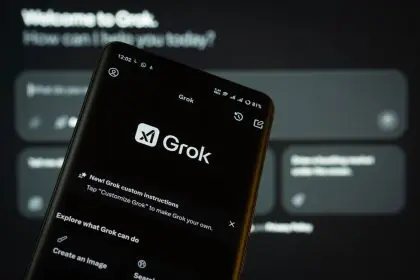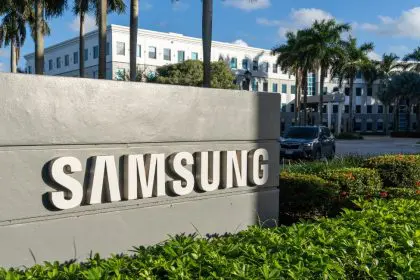Joshua “J1” Raiford is Pandora‘s vice president of music programming. Throughout his years in the business, he’s seen several things that may have helped or hurt some in the industry. With artificial intelligence rising, there is no question that some things will change, not just in music but in other jobs worldwide.
J1 spoke with rolling out about how he sees AI affecting music.
Where do people need to catch up regarding the business side of music?
I think people fall short of the business side when it comes to music by just not using or seeking the available information. Understanding contracts, agreements, spreadsheets, how the music business works, why it’s important to have representation, and why it’s important to have your music registered, regardless of what you do. Understanding those aspects, like the creative aspect, is always going to be the backbone and what attracts people to it, but if the business is not taken care of, you can have the best song in the world but not have any revenue or equity being generated from that said song because your business was acquired.
I think that is something that people just need to become more knowledgeable about, especially with so much technology lowering the barriers of entry, and there are so many different ways to get your music out there. Understanding how this technology works, how the money works, and how the litigation works is important.
How do you see AI affecting the music business?
At the end of the day, there’s always going to be some sort of new technology. Technology is ever-growing, it’s ever-evolving, and it’s just going to continue to go faster and faster. There are a couple of ways that you can go about it. You can either put your head in the sand, ignore it, and pretend it’s not there. You can hate on it and say, “This is going to ruin everything.” Or you can do your research on it and try to embrace it. I’m not saying you have to be an advocate for it, but think of ways of “How can this work for me? How can I utilize this technology or this AI that everybody is afraid of to possibly either be more creative, expand my empire, and make revenue often.” I’m not gonna pass judgment and say this is terrible, or this is going to kill the music business.
I think it’s like with any new technology; the litigation hasn’t caught up yet but once they’re able to legalize it and regulate it, that’s when you’re gonna see AI come into play as far as increasing or helping the music industry because they felt the same way about streaming. When Napster first came out, they were like, “This is gonna ruin the music businesses; it’s going to put so many people in labels out of work.” For some time, it was a little scary because they didn’t know how to regulate it, and they didn’t know how to run it. Once they figured it out, that’s when a lot of the music business, especially hip hop, really had a revitalization.














